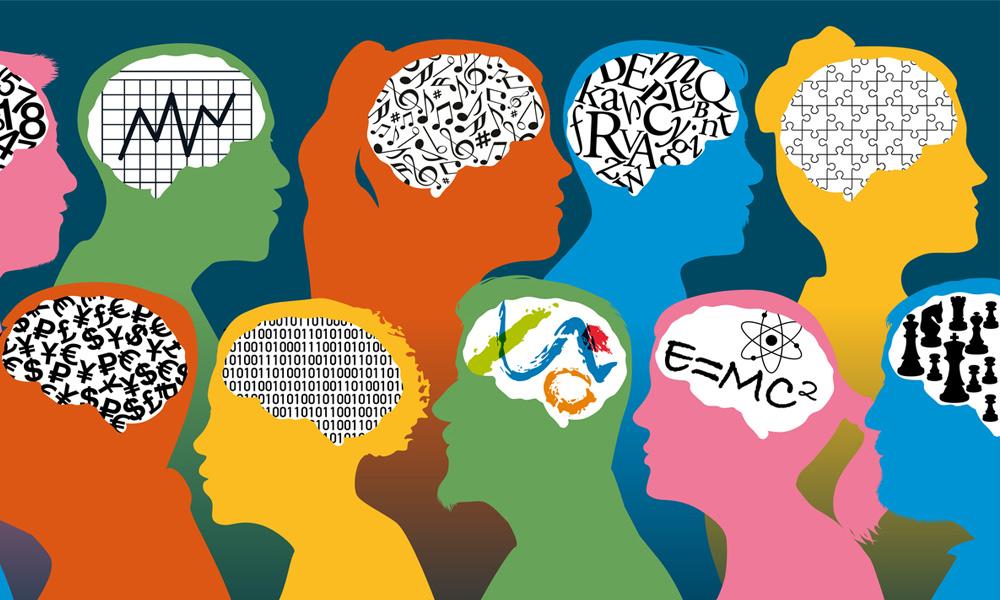UC3M gets Fundación BBVA research project to analyse the relationship between friendship and culture
3/21/24
The Universidad Carlos III de Madrid (UC3M) is coordinating one of the five BBVA Foundation's Fundamentals Programme's innovative research projects to explore core issues in basic science. Specifically, the UC3M project, in which research staff from the Universitat Autónoma de Barcelona (UAB) and the University of Florida (UF) in the USA are also participating, will analyse the mutual dependence between social relations and cultural characteristics.

MapCDPerNets (Mapping Cultural Diversity through Personal Networks), as it is called, aims to analyse cultural context as a determinant of social relations in order to address challenges such as the integration of migrants. “The project tries to connect the way we relate and make friends with the culture in which we move. Traditional sociological research has seen these as separate areas, but the hypothesis of the project is that understanding relationships allows us to predict a person's culture, and vice versa, culture allows us to predict how a person will relate”, explains Anxo Sánchez, a professor in UC3M's Mathematics Department and a member of the Interdisciplinary Group of Complex Systems (GISC, in its Spanish acronym), who is one of the project's lead researchers along with José Luis Molina, from UAB, and Christopher McCarty, from UF.
Traditionally, social sciences have studied the structure of relationships between individuals in a society (how many friendships a person has, how they cultivate them, how much they rely on them or need them to make everyday decisions, etc.) as a field independent of the cultural context (nationality, ethnicity, language, religion...). The aim of this project is to understand both dimensions in a single common framework. “We are going to consider it all as one thing: culture makes society, society makes culture”, says Anxo Sánchez.
To do this, the researchers will apply machine learning and artificial intelligence techniques to a massive amount of data from three sources. On the one hand, the Human Relations Area Files (HRAF), a Yale University database that provides highly detailed information “on almost all the ethnographies published worldwide”, says José Luis Molina. On the other hand, a cultural classification based on the analysis of more than two billion personal Facebook profiles, work that part of the UC3M team has carried out and which has made it possible to “group the world's cultures into different clusters according to their similarity, as well as measuring the distances between cultures”, says the project coordinator. And lastly, our own surveys will be carried out in a dozen countries around the world.
“We have a very bold plan”, says Christopher McCarty, “which is to understand the origins of this social structure surrounding you and how it interacts with culture. We've already published a first article in PNAS Nexus where we showed that there is a relationship between social structure and culture”. The sample of that study was limited, both in terms of the number of individuals and cultural groups, and wasn't sufficiently representative to draw large-scale conclusions. The great contribution that this new project will incorporate is that the analysis sample will be much larger and more culturally diverse.
According to Molina, this is “the first time” that a project analysing the human condition from the perspectives of personal networks and cultural origin will be undertaken, covering practically all of the world's ethnographies and large cultural groups. “This research represents a new and innovative approach to understanding human societies, offering a promising avenue for future cross-cultural studies, which we hope will contribute significantly to various fields, such as anthropology, psychology, sociology, network science and computational social science”, adds Anxo Sánchez.
In addition to this contribution that seeks to bridge the gap between two areas of knowledge, society and culture, the project leaders are convinced that the findings will go beyond academia: “Just as our previous studies have provided important evidence to prevent abusive behaviour in schools such as bullying, we are sure that this new project will have an impact on how to address issues such as, for example, the integration of migrants into societies”, says Sánchez.
The BBVA Foundation's Fundamentals Programme seeks to support exploratory, fundamental and interdisciplinary research on core issues in basic science. After assessing a total of 305 applications, the committees of expert evaluators have awarded five grants of 600,000 euros each in five areas of knowledge: Physics and Chemistry; Mathematics, Statistics, Computer Science and Artificial Intelligence; Biology and Biomedicine; Environmental Sciences; and Social Sciences.